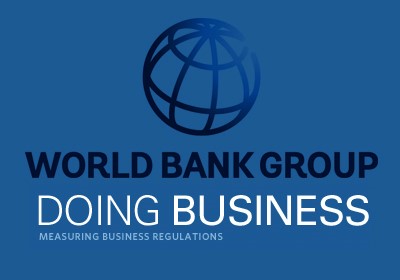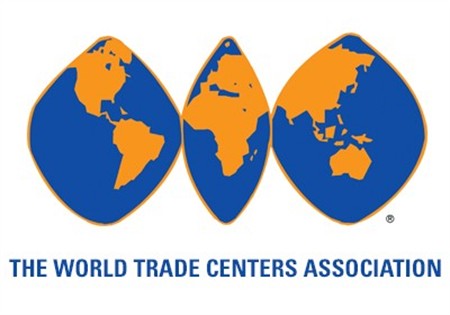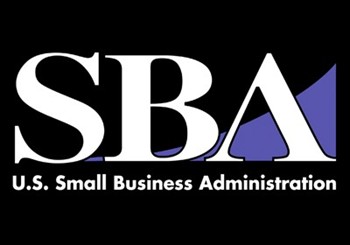Going Global: Business Resources
“Going global” is a phrase companies are constantly faced with. Competing domestically is not enough. Having a presence in international markets is necessary to reach customers abroad and to stay ahead of your competition. The race for finding customers is becoming fiercer as you are now facing competition worldwide. But how do you “go global”?
Entering into a foreign market can be a daunting task. Some of the questions you may find yourself or your team asking could include:
- Which country or region will be best for our company?
- What is the economy like?
- What languages do they speak?
- What is the culture like?
- What are their buying habits?
- How will I translate my website?
- What other companies are in the space that offer similar products or services?
- What permits do I need?
- What are the laws and regulations?
- Do I have to set up an office there?
- Do I need in-country staff?
All of these, and many more, are valid questions to ask before you begin a global business strategy. In this blog, I have highlighted a few resources to assist you with entering into foreign markets.
World Bank Group
The World Bank Group’s Doing Business section is an excellent resource for learning about the current economic environment of a country and the ease of doing business there. This will help you as you decide which regions will provide your company with the best opportunities.

Image Credit: World Bank Group
The topics covered in these reports are:
- Starting a business
- Dealing with construction permits
- Getting electricity
- Registering Property
- Getting credit
- Protecting minority investors
- Paying taxes
- Trading across borders
- Enforcing contracts
- Resolving insolvency
- Labor market regulations
As an example, if you are interested in exploring the Chinese market, you will find that China ranks 90th, out of 189 economies, in the ease of doing business category. They are 71st in getting credit, 124th in getting electricity and 35th in enforcing contracts. You will also be able to find out how long certain procedures take, like obtaining a notice of pre-approval of a company name, which takes one day and is free of charge.

Image Credit: WTCA
World Trade Centers Association
According to The World Trade Centers Association, they cultivate trade and investment opportunities for commercial property developers, economic development agencies and international businesses looking to connect globally and prosper locally.
The association serves as an “international ecosystem” of global connections and trade services.
They have numerous locations across North America, Central and South America, Europe, Africa and The Middle East, and Asia and The Pacific.
The WTCA is a source for global news and offers events like WTCA Access China Program and Women Spanning the Globe Leadership Conference.
You can also contact any of their locations directly for information about entering into foreign markets.

Image Credit: SBA
U.S. Small Business Administration
U.S. Small Business Administration’s Office of International Trade is a resource for small businesses that want to compete in the global marketplace. According to the SBA, “the Office of International Trade works in cooperation with other federal agencies and public- and private-sector groups to encourage small business exports and to assist small businesses seeking to export.”
The resources for SBA’s International Trade program include:
- Trade Agreements
- Export Loans
- STEP Grants Pilot
- International Visitors Program
- National Export Initiative
Additional Resources
The resources above, along with many others, make “going global” a less intimidating venture. There are excellent resources that are specific to certain regions or countries if you already know which market you want to enter into.
Some of those resources are:
- China Business Review
- The US-China Business Council
- European Union
- United States Mission to the European Union
- AmCham Abu Dhabi
- U.S-U.A.E Business Council
Conclusion
Globalization is on the mind of every company. How to most effectively compete in the global marketplace is a vital piece of a business strategy. Once you decide where you will take your business, you must next choose how you will do it. Translation and localization are key pieces to that puzzle.
